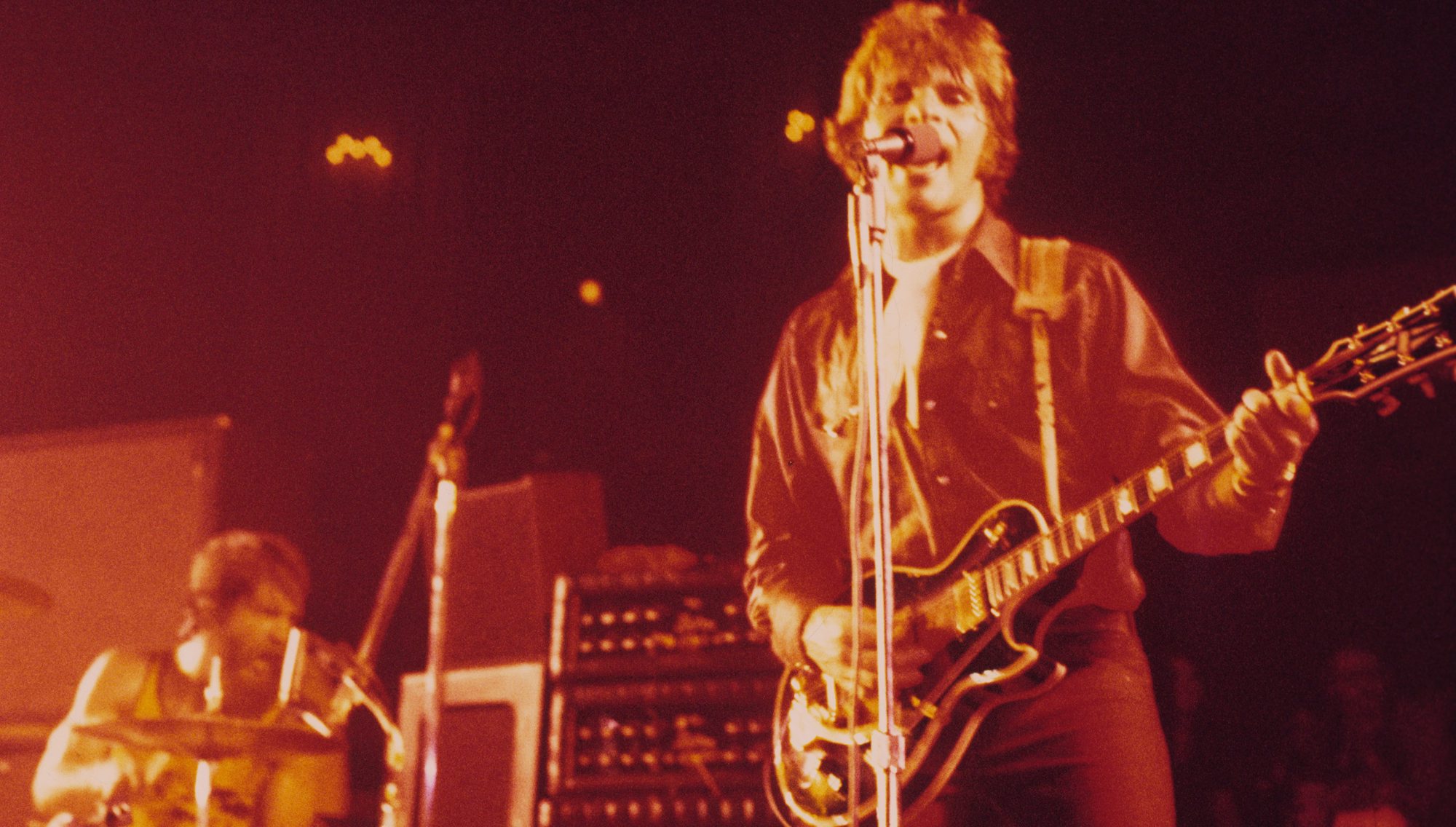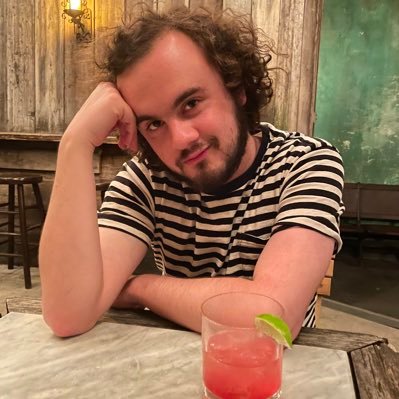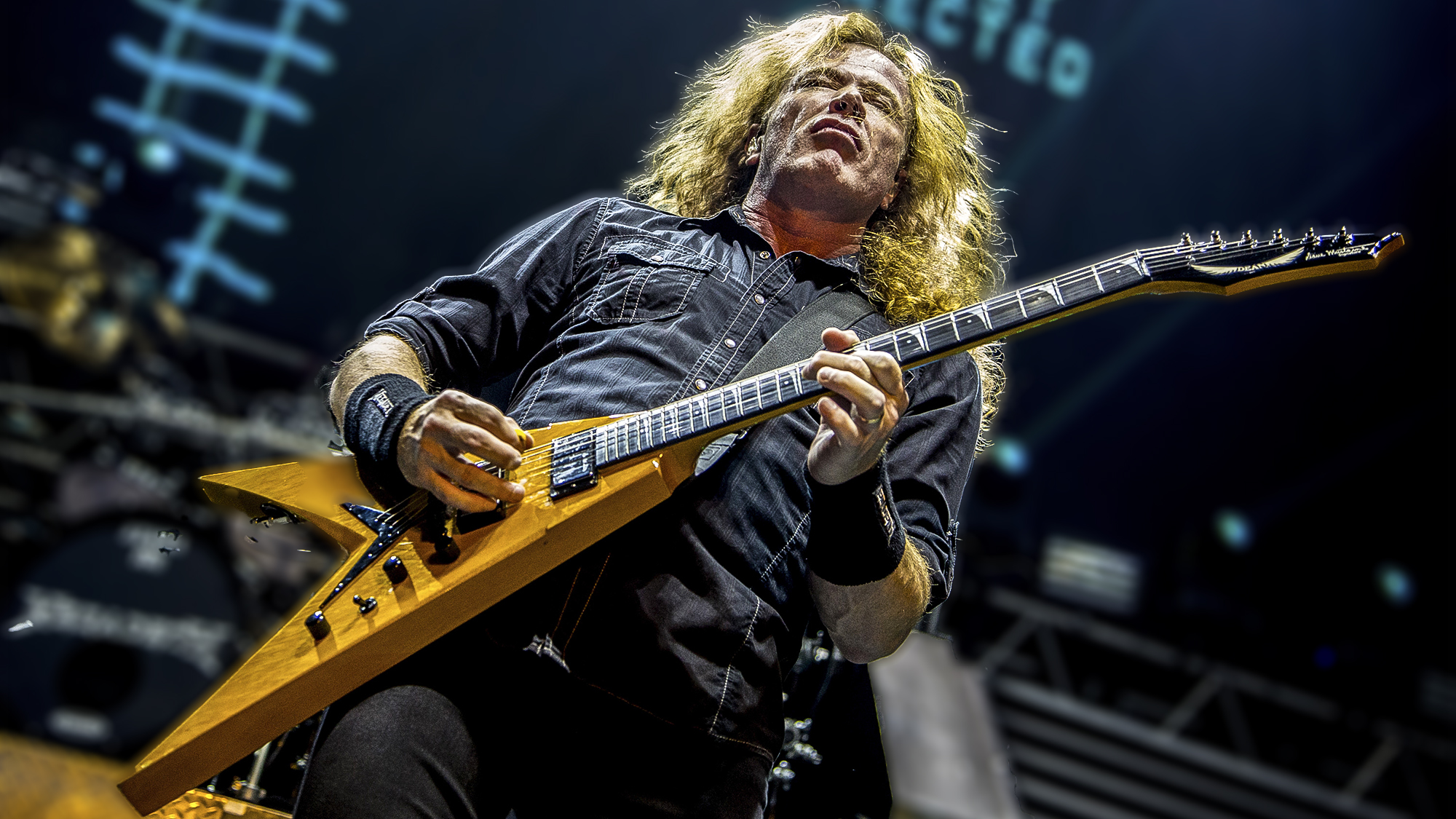“I had hoped to have my band do a spectacular set in front of this enormous crowd... but even though we played well, the audience was very much asleep”: John Fogerty on Creedence Clearwater Revival's disappointing Woodstock set
Creedence were scheduled to go on after the Grateful Dead, who, unsurprisingly, took liberties with their allotted set time, leaving the band to take the stage at 12:30 in the morning

The 1969 Woodstock festival has long been one of popular music's defining cultural moments.
The image and sound of Jimi Hendrix wrangling almost apocalyptic squalls out of his white Strat into something vaguely resembling the Star-Spangled Banner, Alvin Lee's mind-boggling I'm Going Home guitar solo... its most famous highlights surely need no introduction to this publication's readers.
Often lost in the collective memory of the festival, though, is the fact that one of its headline acts was Creedence Clearwater Revival, then on an incredible run of commercial success.
Though frontman John Fogerty was initially wowed by the sheer scale of the festival – “Woodstock was, God, this thing is huge! Riding in on a little World War II–era helicopter, coming up over a hill and suddenly seeing that crowd for the first time. That took my breath away,” he recalled to GP in a recent interview – that excitement quickly turned to disappointment.
Creedence were scheduled to go on after the Grateful Dead, who, unsurprisingly, took liberties with their allotted stage time, leaving Creedence to take the stage at 12:30 in the morning on Sunday, August 17.
“I had hoped to have my band do a spectacular set in front of this enormous crowd, because Creedence was clearly on a rocket ship going almost straight up,” Fogerty explained to GP. “I daresay we were probably the most consistently hot thing in music that summer.
“But even though we played well, the audience was very much asleep, and I was very disappointed.”
All the latest guitar news, interviews, lessons, reviews, deals and more, direct to your inbox!
Though progressive (see Fortunate Son), Creedence – averse to long-winded jams and the flower-power vibes of many of the festival's acts – stuck out musically at Woodstock, and not in a way that the band had hoped.
Stung by the band's cool reception at the festival, Fogerty wouldn't allow footage or recordings of his band's set to be included in the Woodstock film or live album, further erasing Creedence's presence from remembrances of the festival – not that that bothers Fogerty that much nowadays.
“We came home, and after a couple of days I realized, ‘What the heck, that’s just one disappointment; Creedence is still moving forward,’” Fogerty recounted to GP. “So, I didn’t worry about it too much.”
To read GP's full interview with Fogerty – which covers the entirety of Creedence's brief career, Fogerty's chief influences, and the highlights and lowlights of his solo career – pick up a copy of the new issue of Guitar Player at Magazines Direct.

Jackson is an Associate Editor at GuitarWorld.com and GuitarPlayer.com. He’s been writing and editing stories about new gear, technique and guitar-driven music both old and new since 2014, and has also written extensively on the same topics for Guitar Player. Elsewhere, his album reviews and essays have appeared in Louder and Unrecorded. Though open to music of all kinds, his greatest love has always been indie, and everything that falls under its massive umbrella. To that end, you can find him on Twitter crowing about whatever great new guitar band you need to drop everything to hear right now.

